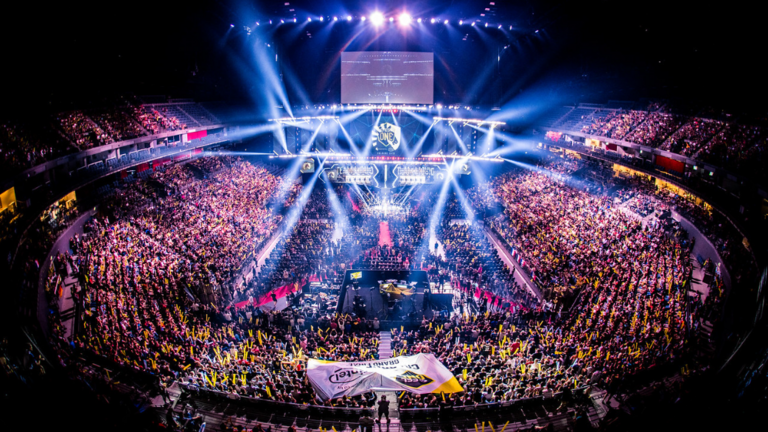The new White Paper by Drees & Sommer and the Hamburg-based strategy consulting company CSIGHT shows the status quo and development potential of real estate properties used for eSports.
The worldwide esports market is booming, and the audience for esports has been growing constantly for several years. But what is the real estate infrastructure like for these sporting competitions based on computers and video games and can it keep pace with the rapid industry growth? This was the subject of a study by the sports and entertainment industry team from Drees & Sommer and the Hamburg-based strategy consulting company CSIGHT in their joint white paper Esports Venues: Aus dem Keller auf die große Bühne (in English: ‘Esports Venues:from the Background into the Limelight’).
‘Our investigation confirmed that in spite of the sustained growth, Europe is still far behind the Asian and US American esports markets in the quality and quantity of suitable properties. But the demand is there, so we consider that the European esports market is highly attractive for future investments in this area,’ comments Dr. Nicolas Gaede, the Managing Partner at CSIGHT.
Another finding is that widespread ignorance about esports and esports venues is currently a major challenge. Extensive groundwork and systematic preparation are needed. An important contribution has been made by the experts in this white paper with the development of a typology for esports events and the necessary venues. The result shows that there is not just one market segment for esports real estate, there are three different venue types with different applications. The experts in the team agree that hybrid models offer the greatest profitability. They systematically and flexibly combine the different venue types and uses. Tristan Schmedes, the project manager in the Sports and Entertainment team at Drees & Sommer, explains what is important in this process: ‘To be successful in designing appropriate locations for different forms of esports, we must not only know the esports sector and its current market developments and user needs, we must also have solid expertise in designing and implementing complex real estate projects.’
The white paper as well as a short version is available for download under: White Paper eSports Venues
